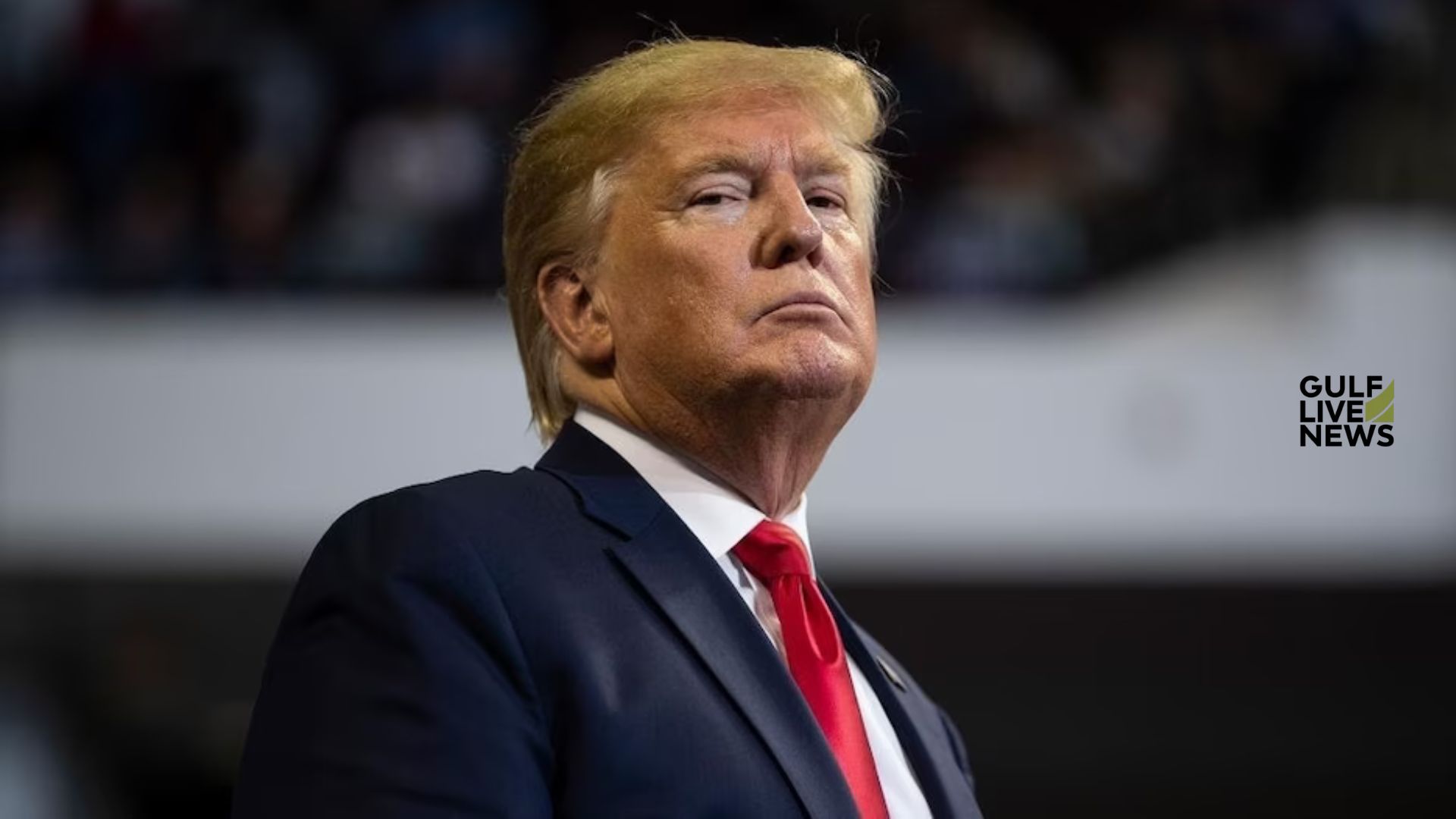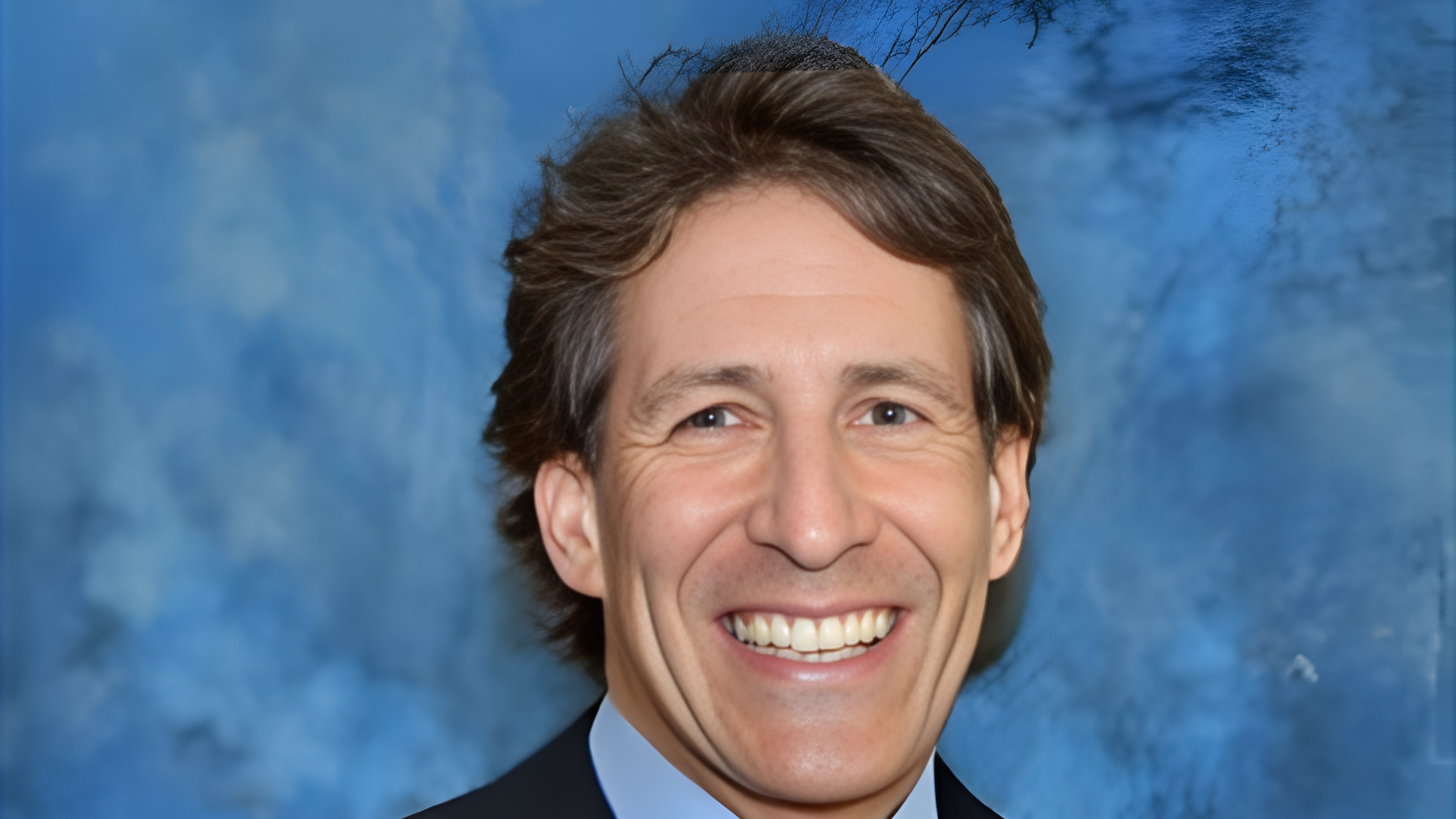Background on the Situation
In recent news, there have been significant developments involving US politics and the ongoing conflict between Israel and Hamas. Recently, President-elect Donald Trump made headlines with his efforts to influence Qatar’s stance on Hamas leaders. This chapter of events unfolded against the backdrop of diplomatic tensions and attempts at mediating a ceasefire in the region.
Trump’s Intervention
Sources indicate that Trump intervened to request the return of Hamas leaders to Qatar. These leaders were expelled due to pressure from the Biden administration. The Trump transition team contacted Qatari officials. They urged Qatar to allow Hamas leaders to come back. Trump believes that their return is crucial for resuming negotiations related to a ceasefire and the release of hostages.
Trump has been very vocal about the need to secure the release of hostages before he takes office on January 20. He warned that failure to act could lead to serious consequences in the Middle East. The Israeli-Palestinian conflict is delicate, and the situation is fluid. Hostage situations add further complexity to peace efforts.
Qatar’s Stance
The Biden administration had pushed for Qatar to expel Hamas leaders. Officials believed their presence was a barrier to peace talks. However, Qatar claimed that their decision to remove the leaders was independent. They insist their choices reflect their own political judgment in the region. Qatar stated it would only resume mediation when both sides, Israel and Hamas, show they are willing to negotiate seriously and in good faith.
Qatar’s Role in Mediation Efforts
Qatar has historically played a vital role in mediating conflicts in the region. They have worked alongside the United States and Egypt to foster a truce between Israel and Hamas. This role has allowed Qatar to engage actively in dialogue around peace processes. In November 2023, a one-week ceasefire was achieved. This ceasefire resulted in the release of over 100 hostages, demonstrating the potential benefits of dialogue and temporary peace.
However, challenges remain. Sources reveal that approximately 100 more Israeli hostages are still being held in Gaza. These hostages complicate the outlook for a sustainable peace agreement. Negotiating their release continuously becomes a focus for diplomats involved in the situation.
Ongoing Negotiations and Current Climate
As global efforts continue to mediate between Hamas and Israel, sentiments fluctuate. Recently, Hamas leader Bassem Naim expressed cautious optimism regarding the prospect of a renewed ceasefire. The shifting political landscape in the U.S. may have implications for these negotiations. With Trump seeking to find a resolution, the effectiveness of past and current strategies will be scrutinized.
The United States remains a pivotal player in seeking peace. President-elect Trump’s desire for quick action shows a sense of urgency that some may view positively. However, others might question the methods being used.
The political climate is tense. Decisions made now could have long-term effects on regional stability and on the lives of those impacted by the ongoing conflict. The groundwork lays precariously between the desire for peace and the realities of diplomatic negotiations.
Looking Ahead
The recent developments illustrate the complexities of diplomatic relations in the Middle East. Trump’s push for Qatar to recall Hamas leaders is among the many efforts to navigate a challenging situation. It underscores the urgent need for constructive dialogue and negotiations. As the new administration prepares to take office, it remains to be seen how these developments will shape the future of United States foreign policy and its role in Middle Eastern peace efforts.
The situation is fluid, and the stakes are high. Ongoing discussions, perceived megatrends in conflict resolution, and the interactions between Qatar, Hamas, and the U.S. will be crucial in determining the region’s future. All eyes will be on these developments, as the world watches closely how the new administration addresses one of the most enduring conflicts of our time.





